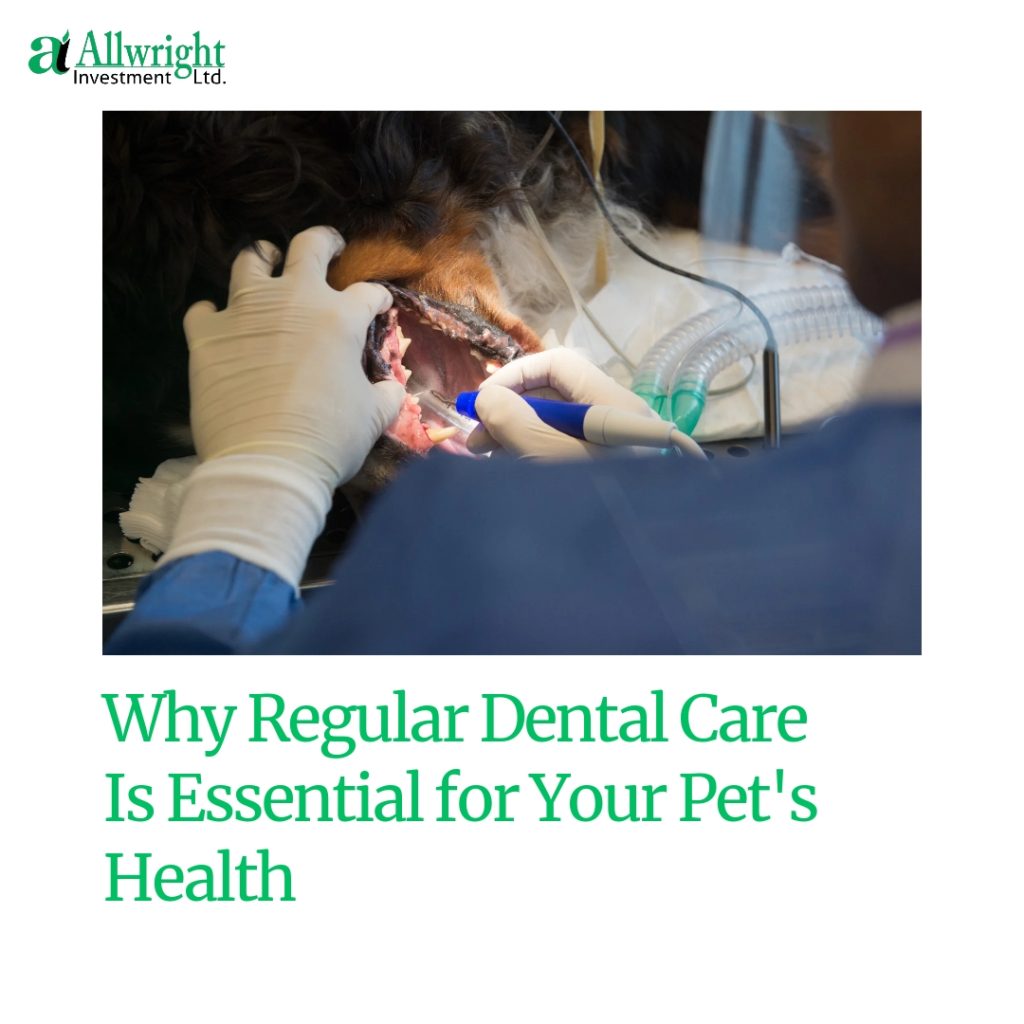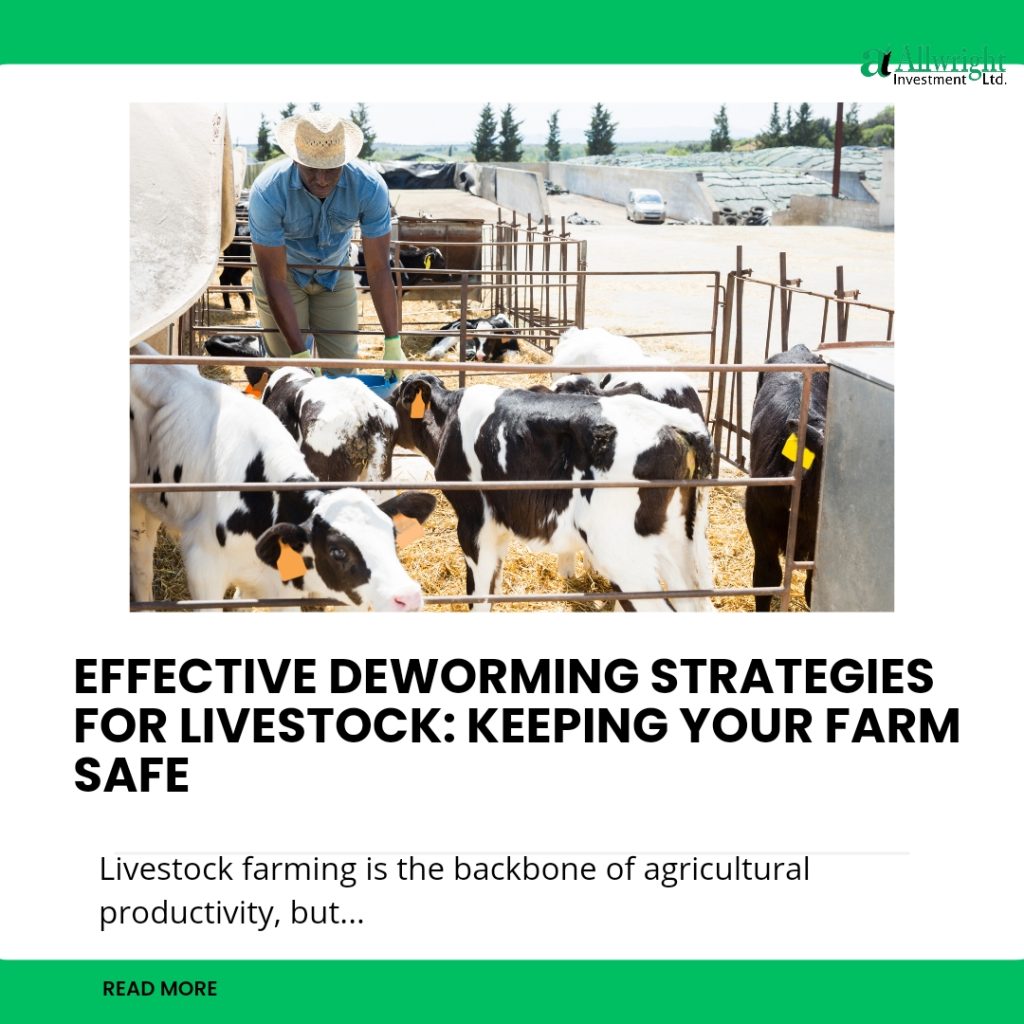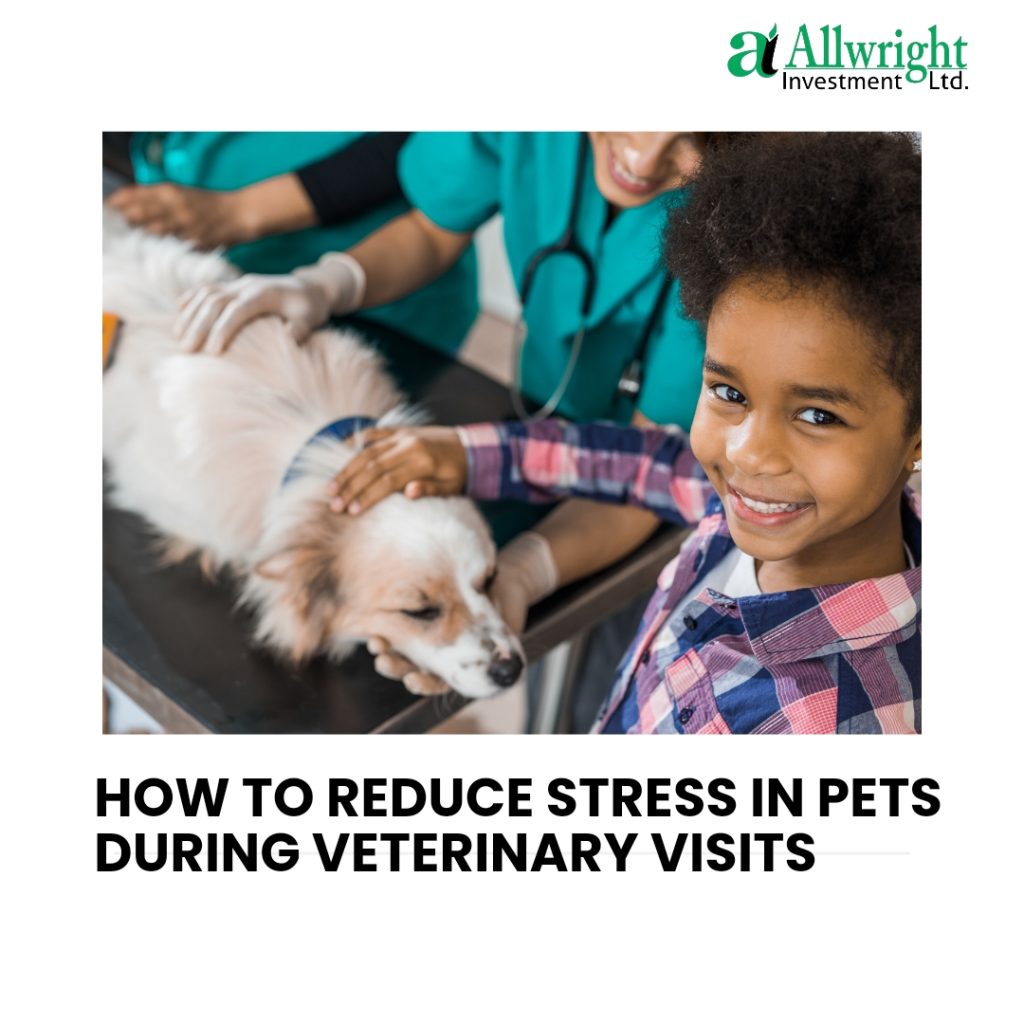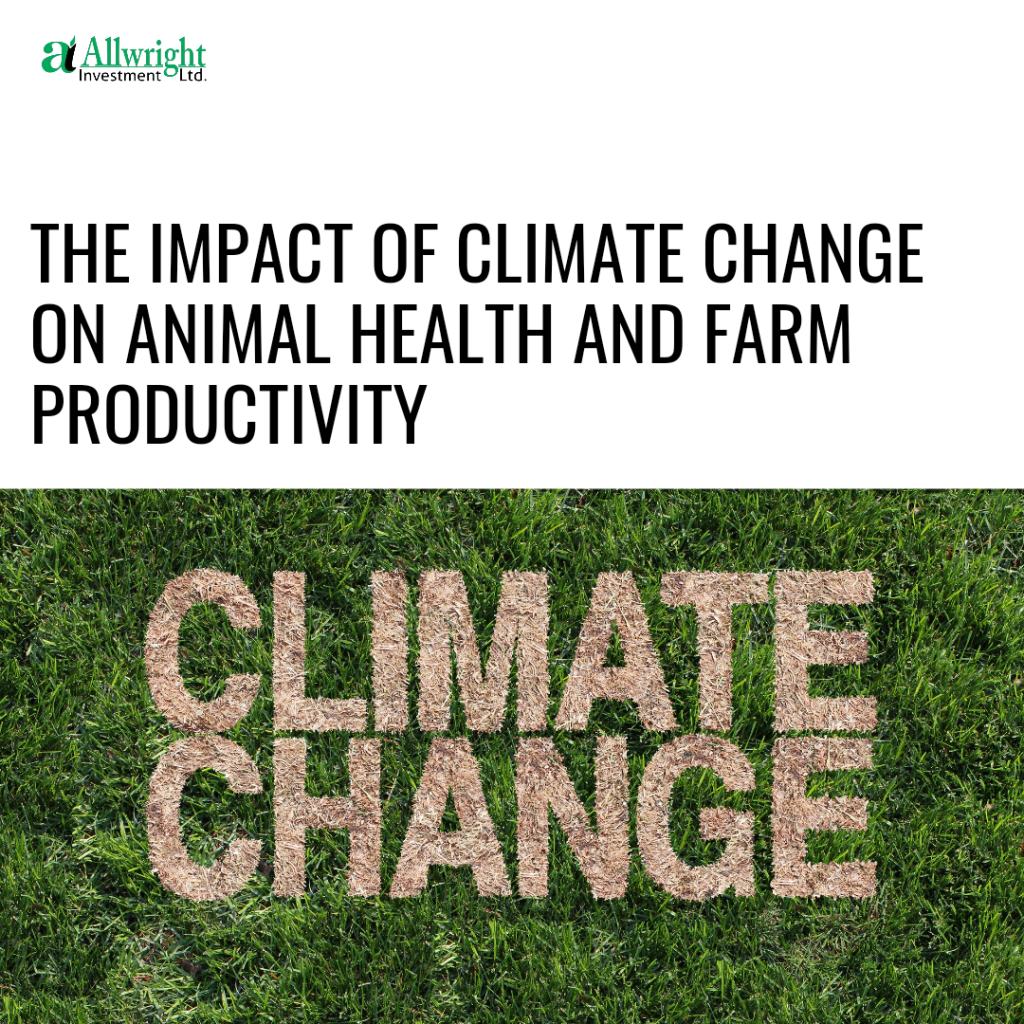Why Regular Dental Care Is Essential for Your Pet’s Health

As pet owners, we often focus on vaccinations, grooming, and proper nutrition to keep our furry friends healthy. But how often do we consider their dental health? Surprisingly, dental care is a critical yet overlooked aspect of your pet's well-being. Neglecting it can lead to pain, discomfort, and serious health problems that may affect their overall quality of life. Here's why regular dental care should be a non-negotiable part of your pet care routine.
1. Prevents Pain and Discomfort
Pets can't tell us when they have a toothache, but they suffer silently when dental issues arise. Conditions like gum disease, broken teeth, or abscesses can cause severe pain. Regular check-ups and cleanings can identify problems early, preventing your pet from experiencing unnecessary discomfort.
2. Reduces the Risk of Systemic Diseases
Did you know that poor oral health can affect more than just your pet’s mouth? Bacteria from dental infections can enter the bloodstream, potentially leading to heart, liver, and kidney diseases. Regular dental care minimizes these risks by keeping harmful bacteria in check.
3. Enhances Overall Quality of Life
Pets with healthy teeth enjoy their meals without difficulty. They’re more active and playful, free from the discomfort of dental problems. Regular dental care ensures your pets maintain their energy and joy for life.
4. Saves You Money in the Long Run
Dental procedures for pets can be expensive, especially if the issues have progressed to advanced stages. Preventive care, like routine cleanings and check-ups, is much more affordable than emergency treatments for severe dental problems.
5. Helps Detect Hidden Health Issues Early
Many serious health conditions start with subtle signs in the mouth, such as swollen gums, excessive drooling, or difficulty eating. Regular dental check-ups can uncover hidden issues like oral tumors, infections, or systemic diseases early on, giving your pet the best chance for effective treatment.
Tips for Maintaining Your Pet’s Dental Health at Home
1. Brush Their Teeth: Use pet-safe toothpaste and a soft toothbrush to clean your pet’s teeth regularly.
2. Provide Dental Chews: These can help reduce plaque and tartar buildup.
3. Choose a Balanced Diet: Some pet foods are specially formulated to promote dental health.
4. Schedule Regular Check-Ups: Annual dental exams are vital for identifying and addressing potential issues.
Dental care is a cornerstone of your pet’s overall health and happiness. Ignoring it can lead to pain, disease, and hefty veterinary bills. By incorporating regular dental check-ups and preventive measures into your pet care routine, you’ll ensure they lead a healthy, vibrant life.
At Allwright Investment Ltd., we’re committed to helping pet owners take a proactive approach to pet health. Contact us today to schedule a dental check-up or learn more about our veterinary services. Let’s work together to keep your pets happy, healthy, and pain-free!
Invest in Allwright Investment Limited today!



